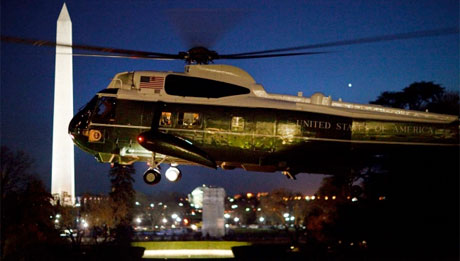Revolutionary Guard unsustainable, Mullah's down
 Sunday, December 13, 2009 at 11:44PM
Sunday, December 13, 2009 at 11:44PM ARTICLE: Iran's Conservative Crackup, BY GENEIVE ABDO, Foreign Policy, DECEMBER 9, 2009
Key bit:
The circle around Iranian President Mahmoud Ahmadinejad is hardening and shrinking -- and more and more, his former allies are turning against him. The regime seems determined to pursue a policy of dictatorship at home and isolation abroad, whatever the cost. Iran's snub of Western attempts to negotiate a deal over its nuclear program -- and the added insult of its recently announced plans to expand its uranium enrichment program tenfold -- are clear signs that cooler conservative heads in Tehran and Qom have lost ground to Ahmadinejad's hard-liners. Many religious Iranians and some conservative clerics, for example, have begun to increasingly feel that the theocratic system has become un-Islamic.
The Revolutionary Guard strategy has been a go-for-broke one, and it's looking like they are stirring resistance they ultimately will not be able to overcome.
But the key casualty in this process? The rule of the mullahs.
(Via WPR's Media Roundup)











